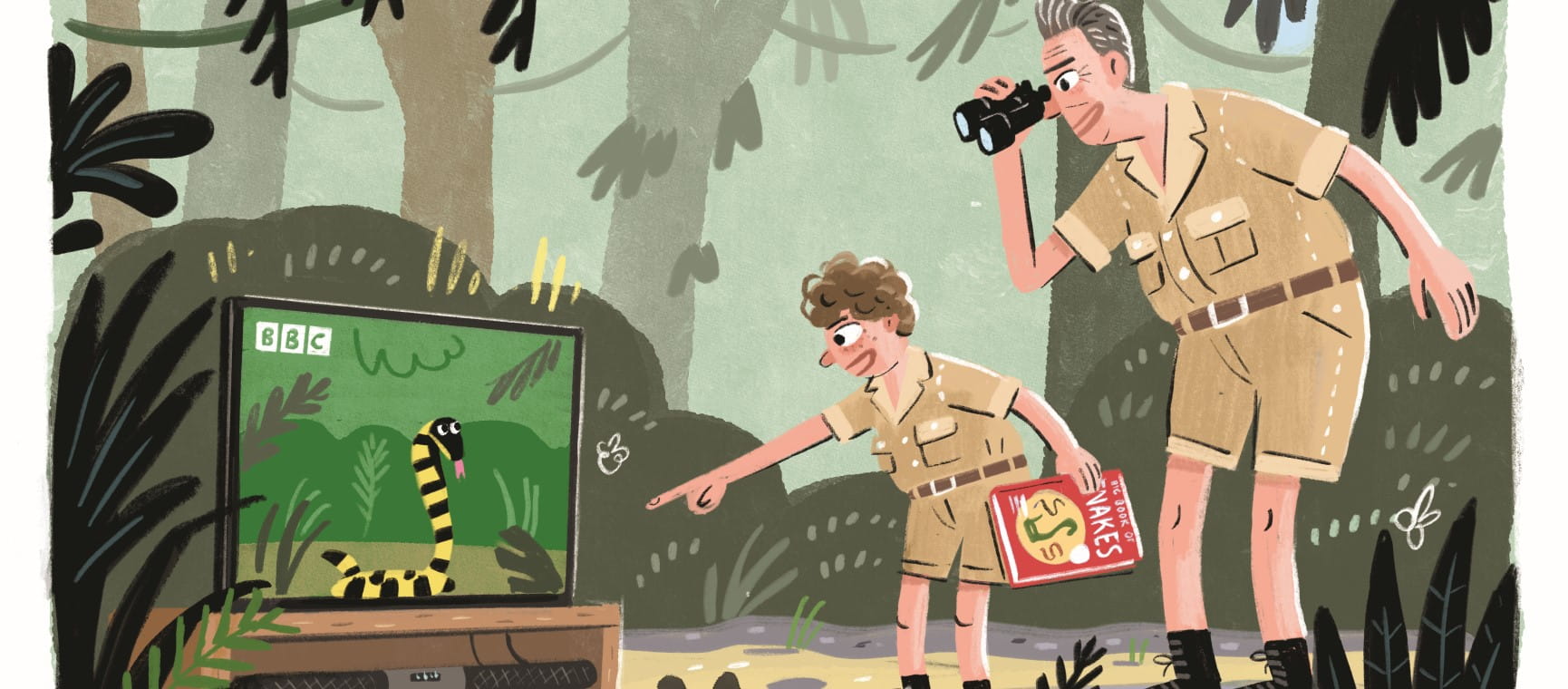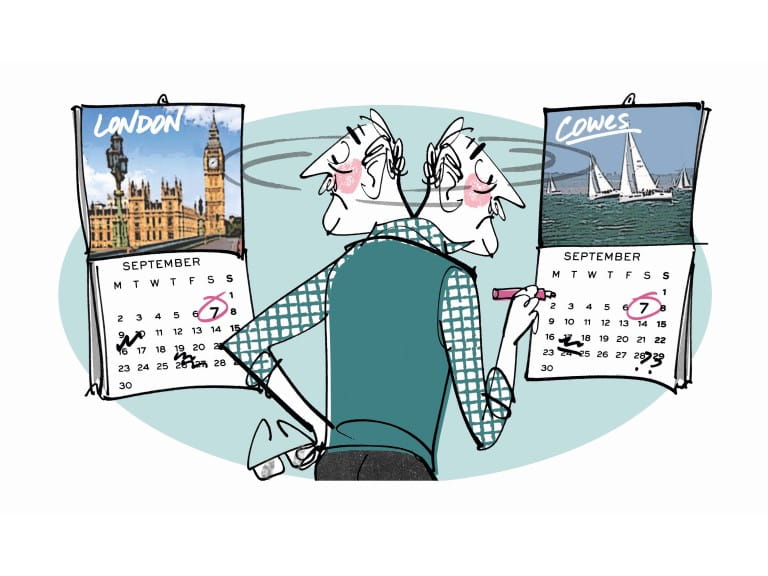
Bugbears: we all have them. Though happily not the original kind, which were hobgoblin-like creatures said to terrorise naughty children.
The linguistic variety tends to be much gentler, in theory at least. Some of us still positively snarl when we hear such offences as ‘pacifically’, while others’ hackles may rise at such requests as ‘can I get a cappuccino?’
Wouldn’t it be easier, you might think, if things just stayed the same?
My own bugbear used to be ‘mischeevious’, which has been steadily creeping in as the new sound of ‘mischievous’.
Now I view it with wonder, for I have come to see it as a perfect snapshot of language evolution in action. The young in particular are moving its sound to match one that is already familiar, in ‘devious’. There is sense to this apparent madness.
Similarly, many of us now plump for the expression ‘on tenderhooks’ rather than the original ‘tenterhooks’, which in the 19th century was readily understood. ‘Tenters’ were frames onto which wet wool was hooked and then tightly stretched while it dried outdoors.
To be ‘on tenterhooks’, metaphorically speaking, was to be in as much tense suspense as the wool itself. Few of us these days know about ‘tenters’, let alone see them out in the fields, so ‘tenderhooks’ seems entirely plausible.
Lexicographers can chart these moves across vast databases that contain billions of words in current usage. Here we can track new words, ones that are bubbling under, gaining new companions, or changing meaning.
Just this morning I’ve been following the march of the words ‘hence why’, a flowery combo increasingly used when speakers are trying to sound business-like. But ‘hence’ already means ‘for this reason’, so makes any addition of ‘why’ redundant. Yet there’s clearly something in the rhythm of ‘hence why’ that’s proving irresistible.
One change that has had me laughing of late is a case of teenagers unexpectedly cleaning up our language. In answer to the question as to why they haven’t done their homework, you might well hear the reply ‘I can’t be asked’, a far sweeter reworking of ‘I can’t be arsed’.
Then again, ‘butt naked’ is definitely taking over from ‘buck naked’, which originally referred to the bare skin of a male deer. Logic clearly isn’t much of a factor in instances like these.
When someone is introduced as ‘the head poncho’ (a hiccup genuinely recorded on those databases), the speaker is probably not really thinking things through. It may reassure you to know that it has always been thus, and that things have taken a strange turn on many occasions over the course of the last millennium.
Take ‘head over heels’: isn’t that bodily position the usual state of affairs? Why then does it suggest being upended by love?
The answer is that the original was ‘heels over head’, meaning to turn a somersault, but at some point in the phrase’s history the idiom was itself (fittingly) turned upside down.
None of these changes mean we shouldn’t care. The opposite, in fact, because having bugbears means we are passionate about words and wish to protect their beauty and clarity.
But it is also important to know that language – and English in particular – has always been unpredictable, erratic, and more than a little eccentric, changing as its users wish it to, even if that is occasionally by mistake.
One request, however: please don’t blame the messenger. I’m beginning to realise that there is a reason I am occasionally called a minefield of information.

Every issue of Saga Magazine is packed with inspirational real-life stories, exclusive celebrity interviews, brain-teasing puzzles and travel inspiration. Plus, expert advice on everything from health and finance to home improvements, to help you enjoy life to the full.

Our columnist wonders whether 24-hour TV is doing our grandchildren more harm than good?







Women in the intelligence services did more than just take notes and chide flirtatious spies - many had real power and ran missions.
